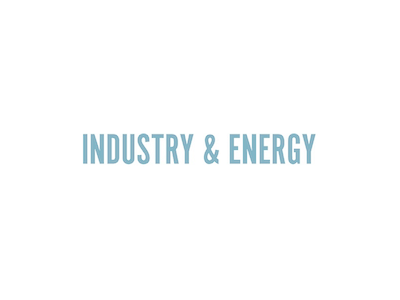Sweden – Vattenfall and Preem concluded conditions are excellent for building an electrolysis plant for producing hydrogen gas for biofuel in Lysekil. As shown by a study conducted in the spring. Producing hydrogen through fossil-free methods can reduce CO2 emissions by at least 80% compared to using fossil materials. The potential of a first 50 MW plant is now being investigated.
In January, Preem and Vattenfall instigated a strategic analysis of the role of hydrogen from electrolysis could play for Preem’s potential to produce biofuels on a large scale. The results for increasing Preem’s production of biofuels in the next decade are very promising.
Work continues to investigate the potential of the first 50 MW electrolysis plant at Preem’s Lysekil refinery. With the aim of moving on to the next phase during the spring of 2022.
Large scale hydrogen
Preem’s goal of producing about 5 million cubic metres of biofuels by 2030 can reduce transport emissions by up to 12.5 million tonnes of CO2. Corresponding to about 20 per cent of Sweden’s total emissions. This transition in production will require large-scale supply of hydrogen. And an expansion of one or more electrolysers can play a major role.
Scaling up
The size of the first plant is governed by the possibility of scaling up biofuel production. As well as obtaining greater output from the electricity grid. Which will have an impact on the schedule and costs. A number of factors determine when the new plant can be in place. Such as how long the environmental assessment process will take.





